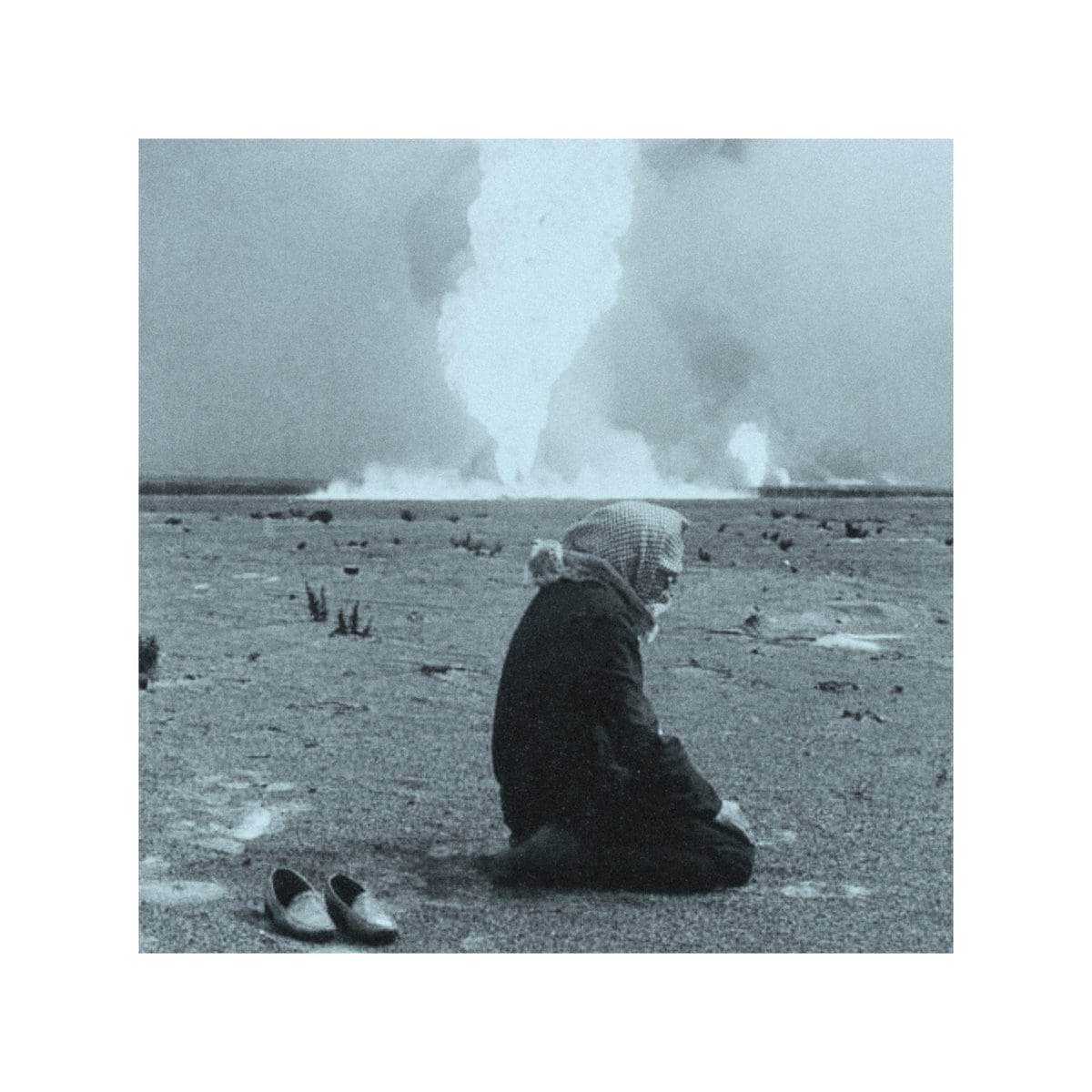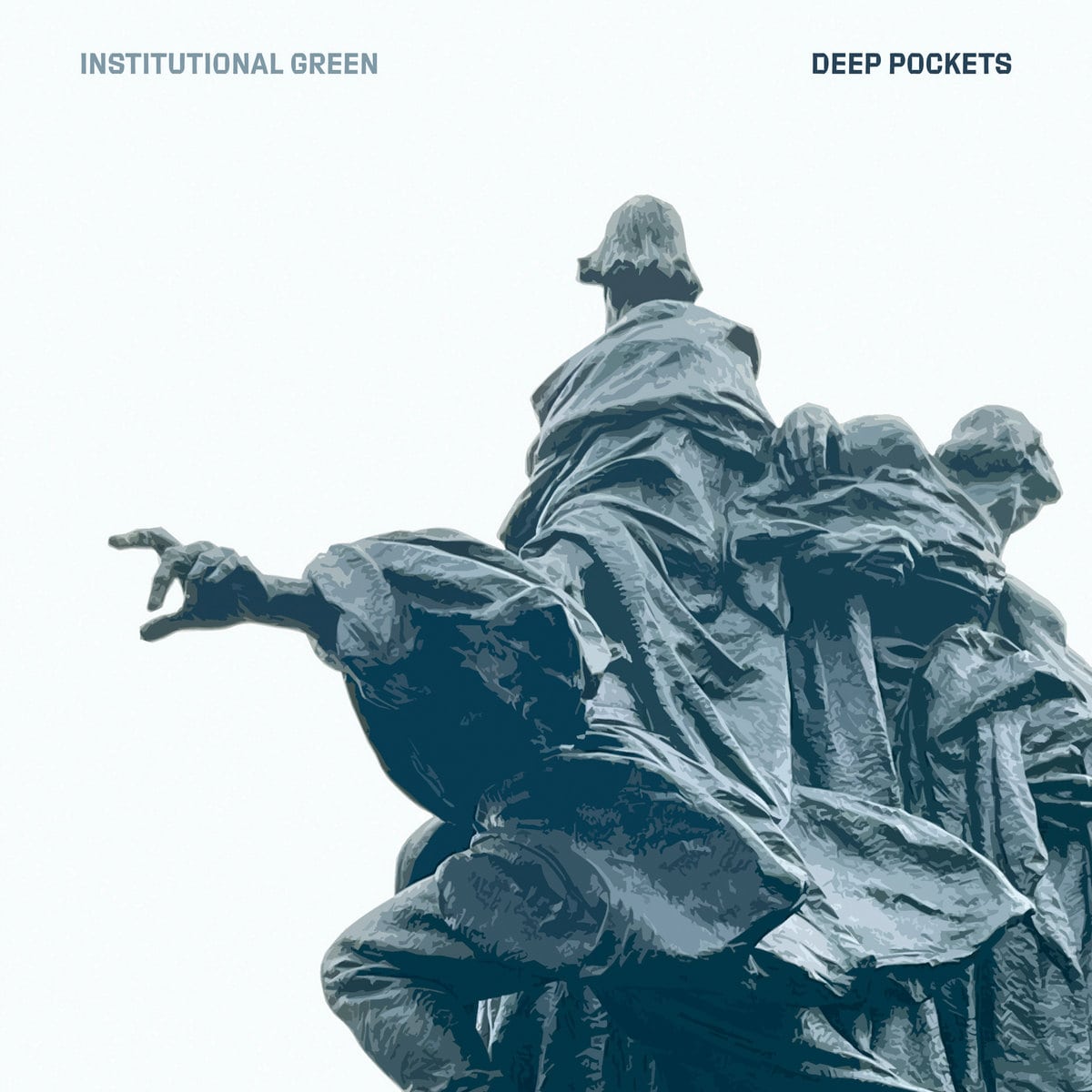A month ago, we covered Spright Blue, the jaw-dropping lead single from To Be Gentle’s new LP. That track channeled catharsis through an unlikely source: a card archetype from Yu-Gi-Oh!, used to frame a message of collective strength and resilience. Now the full album is out, and with it, we’ve received a complete track-by-track commentary from Eve—who helm the project with raw openness and conceptual depth.
In this release, To Be Gentle merges emotional vulnerability with narrative fantasy, using the framework of Yu-Gi-Oh! characters and lore to process themes of injustice, self-defense, spiritual growth, and love. “My body, mind, and spirit have all been through quite the undertaking over the past few years,” Eve write. Combat, both internal and external, is a recurring motif.
The concept of the Endless Engine Argyro System—a metaphor for God, the universe, or collective consciousness—anchors much of the record’s lyrical content. The Sprights fight to protect it, mirroring the album’s call to endure and to find strength through connection.
Eve reflected on isolation and healing through references to characters like Yugi Mutou and the pharaoh spirit, infusing songs with personal history and childlike symbols like plushies and cards passed down from family. In one track, Eve addressed the fallout from past controversy: “I will challenge anyone that denies me my right to create art and be in community with others.” The record becomes not just a creative outlet, but a line drawn in the sand.
One of the final tracks, titled in Finnish as a nod to Eve’s partner, folds the entire journey inward: “It converges all of the aforementioned themes into one song,” they note. The result is an emotional landscape marked by clipped peaks and distorted edges. “I wanted to give the album a sense that it’s almost ‘bursting at the seams.’”
The album art ties the themes together. The photo, of a Kuwaiti oil field worker praying during the Gulf War as explosions erupt around him, is layered with meaning. “The idea of praying, or trusting in a higher power despite all odds… is extremely awe-inspiring as well as comforting,” Eve explained. “We cause each other a lot of grief and suffering, but I believe love is the only way out of that nightmare that we create for ourselves.”
The whole album was mixed and mastered with new techniques. “There’s a lot of clipping and distortion. I wanted to give the album a sense of that it’s almost “bursting at the seams” or that the energy and music cannot be contained, like a powerful wave or storm pouring through with all of its might.”
Eve also plan to release a new shirt design via Bandcamp, with all profits going to the Palestinian Children’s Relief Fund. “The war in Gaza is a crisis that I follow very closely, and all of it breaks my heart.”
To understand the full depth and intricate context of the LP, read Eve’s full track-by-track commentary below.
1. Spright Blue is the inspirational and enigmatic leader of the Spright card archetype. Spright Blue is one of my favorite Yu-Gi-Oh! cards in the more recent competitive meta-game. All of their attire and card art, as well as how they play in the game are so fun and fascinating to me. It’s hard to describe, but they really all are a synergistic engine of sorts.
They all protect the Endless Engine Argyro System. I think of the engine, as far as a lyrical motif goes, as some sort of higher power; whether that be God, the universe, or the collective consciousness of all human beings. “Fighting the good fight”.
I wanted to begin the album off with a “kick-start” (see the Yu-Gi-Oh! card “Spright Starter“) because of the energy the song carries, going hand-in-hand with the concept of lightning and ferocity. Overall, there’s a lot of confrontational or perhaps battle/combat-related types of lyrics on this album.
My body, mind, and spirit have all been through quite the undertaking over the past few years, so I think that’s why there’s so many of those types of lyrics. We all have potential and we are stronger when we are with others.
2. Yugi Mutou is the main protagonist in the Yu-Gi-Oh! series. Early on, he solves the millenium puzzle which initially, unbeknownst to him, unlocks the spirit of the ancient pharaoh trapped inside the puzzle.
He considers the puzzle his greatest treasure, as it was given to him by his grandfather. In the manga, it says that inscribed on the box of the puzzle is the riddle, “What is something you have seen, but have never seen before?” and that whoever solves it will be granted a wish.
Yugi wishes to have friends, as he is a loner and no one understands all the games he likes to bring to school and play. During a fight involving some of Yugi’s classmates, the ancient pharaoh awakens and possesses Yugi. He wards off the bullies and subsequently, makes some newfound friends in the process. Jonouchi (Joey), Yugi’s new friend, expresses their new friendship with the riddle “What is something you can show but cannot see?.
Over the past few years, I have been without many opportunities to be with my friends. To me, my “greatest treasure” is Cornelius (see the stuffed ghost on the cover of ‘Inner Child Healing’); a stuffed ghost that was given to me many years ago and whom I take everywhere.
I have a deep connection to him and all of my plushies, and they are a part of my inner child healing and childlike wonder. I will always protect myself and the ones I love.
3. I was the subject of controversy a few years ago, which subsequently changed my life in many ways. Over the next few years up until now, I’ve been doing a lot of soul-seeking, healing, and transforming.
Many people harassed me, criticized me, and even committed acts of violence against me over these untrue and unfounded claims that were made about me. I could write an entire book about that whole ordeal, but I’ll leave you with this instead: those who know me truly know I would never do the things I was accused of, and I will challenge anyone that denies me my right to create art and be in community with others.
In the Yu-Gi-Oh! series, the spirit of the pharaoh protects Yugi and his friends from harm and other’s wicked intentions. I wanted to write a song that tied my experience with all of that and the motif of the powerful and protective pharaoh (inner soul) together. Those people who hurt me, or as I call them on this album “fiends”, have trespassed in my soul and I will push against them, and firmly advocate for myself.
4. Yugi and the pharaoh duel against Arkana (Pandora), a cunning and fierce adversary. Their duel in the anime and manga is one of my favorite duels of all time. Like Yugi, Arkana also possesses a Dark Magician.
The whole duel is really back and forth in the manga and Arkana describes it in one panel as “a fierce exchange”. Arkana is a deeply troubled and broken person. He accidentally hurt people he loved in a “magic accident gone wrong”, and I thought his heartbreaking story could tie nicely into the album. Even though Arkana chooses to hurt Yugi, Yugi ends up saving his life later and offers a helping hand. It is inevitable that at some point we will hurt others, but out from that pain can blossom compassion and love.
5. This song is about all of the inner work I have done over the years. I have committed myself to a very ascetic lifestyle that encompasses all parts of me.
Daily mindfulness and prayer, limited consumption of media (such as not having any social media and various limits with my devices, zero television, zero scrolling), eating only when I have to and only eating healthy, raw ingredients, only drinking water, exercising regularly, being straight edge and of course not partaking in even caffeinated beverages, shifting my worldview to a more positive and “love-obsessed” philosophy, daily journaling, and reconnecting with my childlike wonder.
Lyrically, I had in mind the duel between Yugi and Pegasus, where Yugi’s boss monster takes upon a new form, but couldn’t find a way to talk about that in such a brief song. I also allude to the biblical origins of the word “scapegoat”, where during the Day of Atonement, a scapegoat is burdened with the sins of the people by having a crimson thread tied upon its horns and then cast into the wilderness, symbolically carrying away their transgressions . Self-transformation requires personal sacrifice.
6. Lightning Storm is the name of one of my favorite Yu-Gi-Oh! trading cards, which possesses a similar effect to that of another cherished and special card of mine, Harpie’s Feather Duster. Some special cards were given to me by my father, someone I deeply love.
As a kid, I refrained from using Harpie’s Feather Duster in my deck because I thought it was too powerful of a card and would be unfair if I played it against my siblings. My dad has given me many blessings and taught me many important lessons. I wanted to use the idea of a lightning storm, not only to refer back to the Sprights, but also as a lyrical motif for power and that we all possess great strength if channeled.
One of the reasons for me wanting to borrow the energy of Yu-Gi-Oh! and write an album with it as inspiration, is that Yu-Gi-Oh! as a whole is part of my inner child and some of my favorite memories. My dad was the first person to buy me Yu-Gi-Oh! cards (the very first Yu-Gi-Oh! set came out on my 5th birthday exactly, March 8, 1997). Yu-Gi-Oh! also possesses a lot of whimsy, goofiness, and powerful bonds longside austerity, loss, and other complex themes. So I think it’s entirely appropriate for this album.
7. A lot of my ambient and experimental songs are what I consider to be sonic representations of my inner workings; my thoughts, emotions, and the unexplainable experiences of my mental illness. Often sharp and shrill, yet turning it over I find beauty and inspiration lying beneath horrific and uncomfortable symptoms.
The song is mostly a tape loop I made years ago with a now ex-friend played through the speaker of my Marantz handheld tape recorder. I am strumming my acoustic guitar alongside it, and then later overlaid another loop of some choppy reverb-saturated piano. The tape loop coming from the speaker is super shrill and I had to do a lot to it to tame how it sounded. In a poetic and undescribable way, I feel like that’s what schizoaffective disorder sounds like to me, as someone who is diagnosed with it.
8. This song directly rips two songs from my LP Wounded, Radiator Tubes and Wounded. I was in the process of re-recording that album with this new one when it dawned upon me that I don’t think re-recording Wounded is what I really want. It’s a moment in time, and it has been spoken for already.
I believe that music and art can be rehashed and reused, for both expressing the same musical motifs as well as extending into new ideas. So with remembering my personal philosophy on creativity, I scrapped that project and “borrowed their energy” for a new reason. The first few lyrics in quotes is something my father said to me while I was experiencing a symptomatic episode. He loves me like no other.
9. “The Magic of Love” is what this song’s title translates from in Finnish, my partner’s native language. It is an acknowledgement of my growing and healing, as well as my thoughts on personal spirituality written in my partner’s mother tongue.
It converges all of the aforementioned themes into one song. The clean bass is really loud in this song. I really like it though. I test my final masters in my car before I’m finished with them, and hearing and feeling the clean bass tone, it feels like being wrapped in the warm embrace of someone you love. I think that’s the only way I can describe it.










